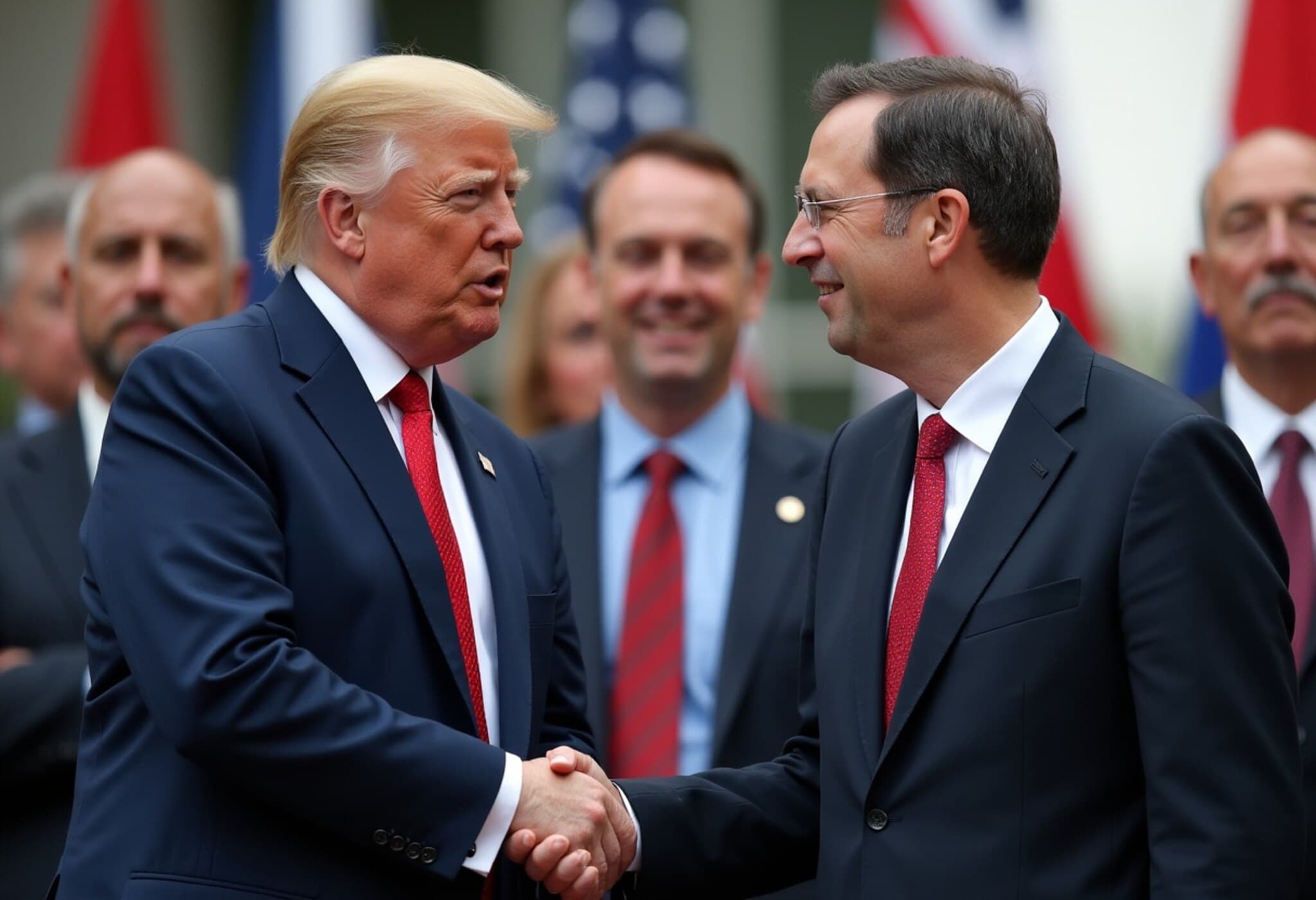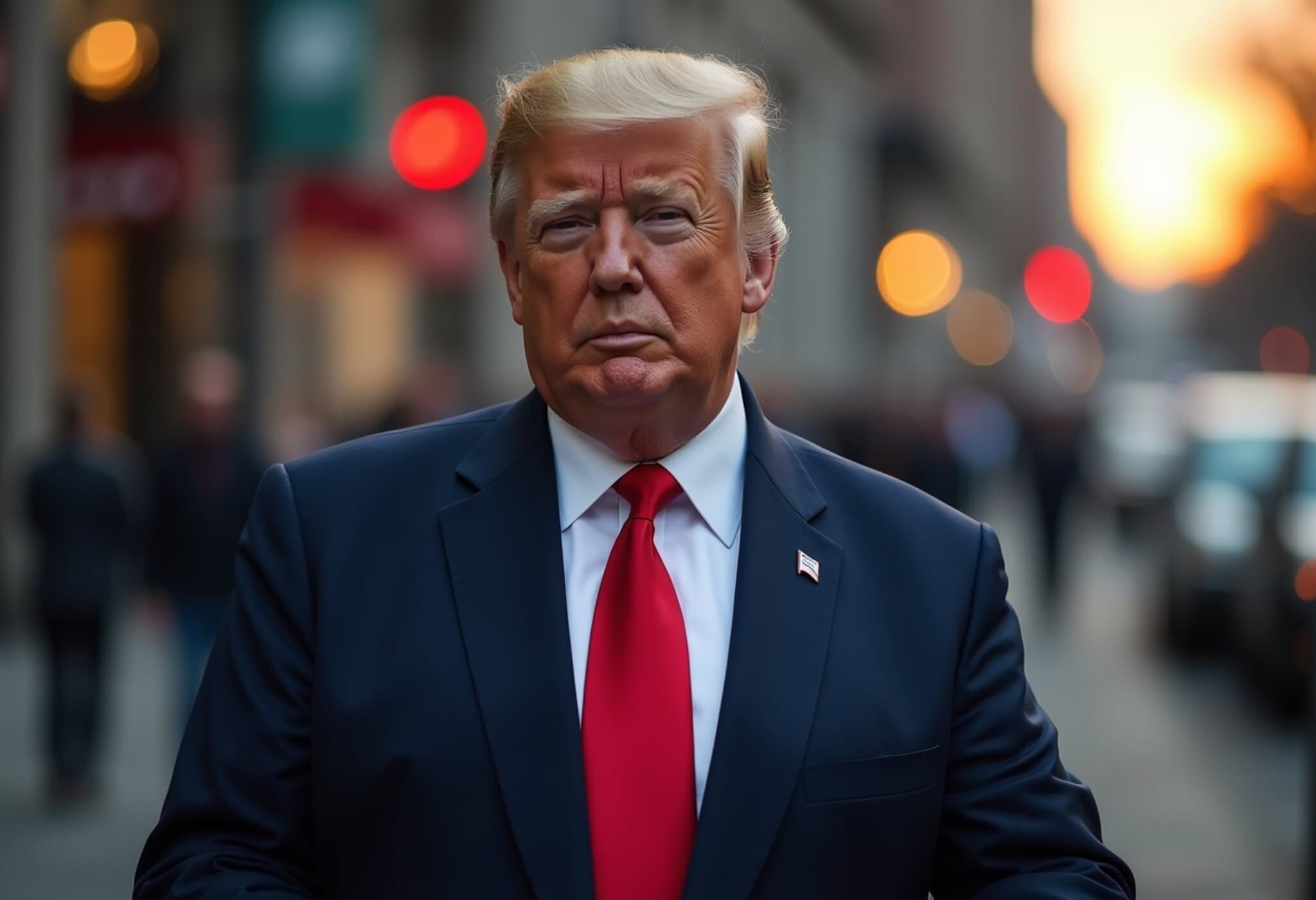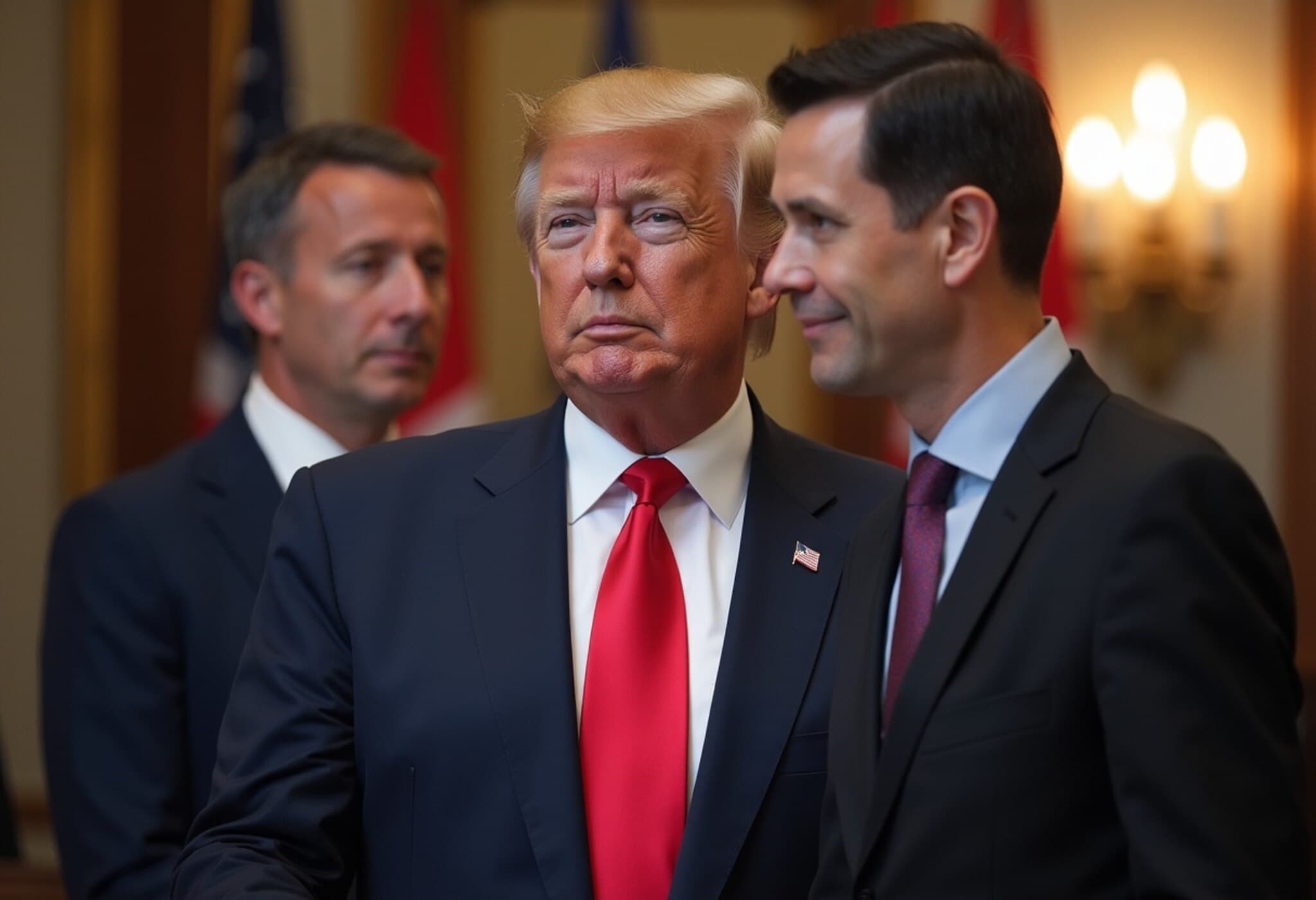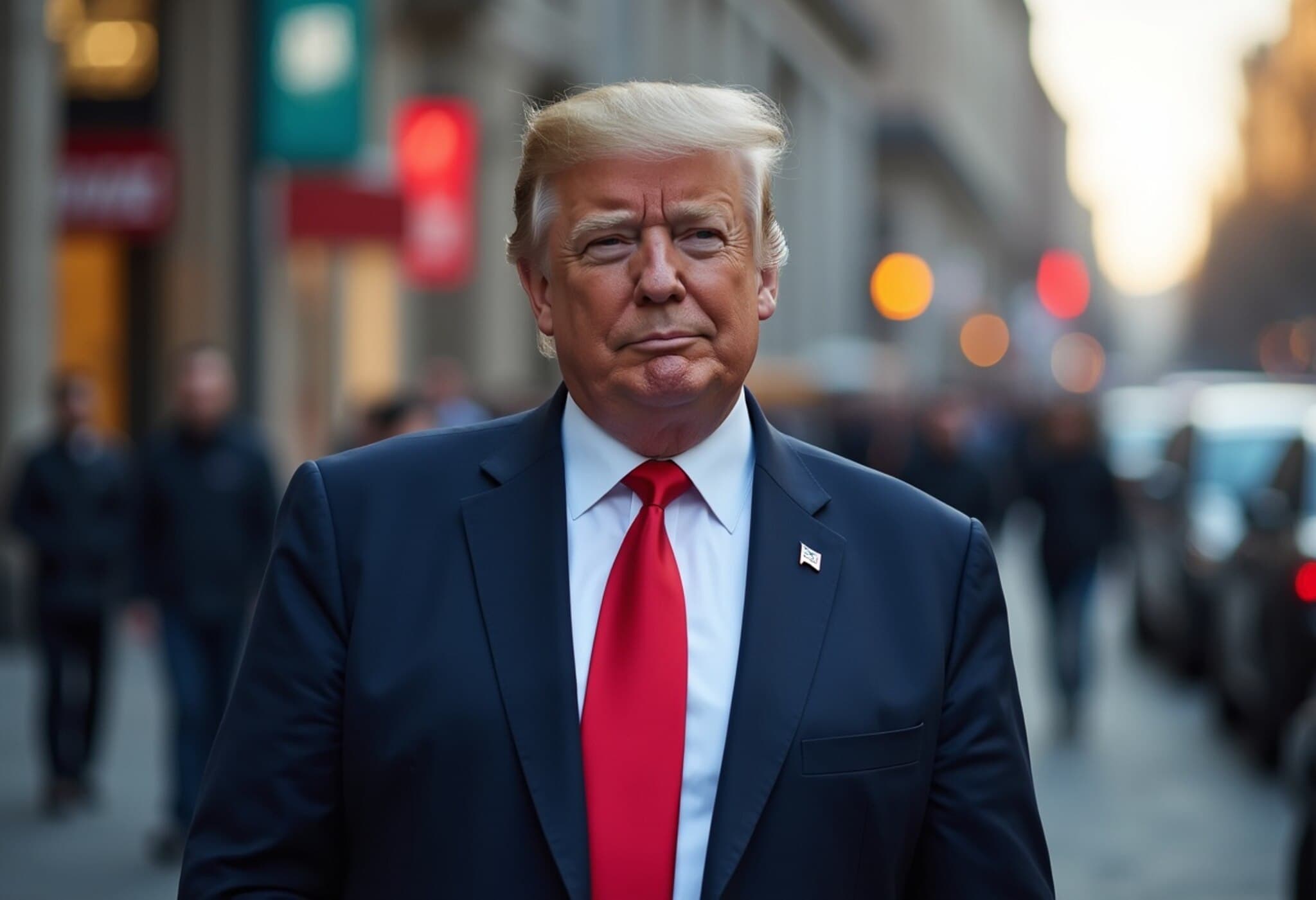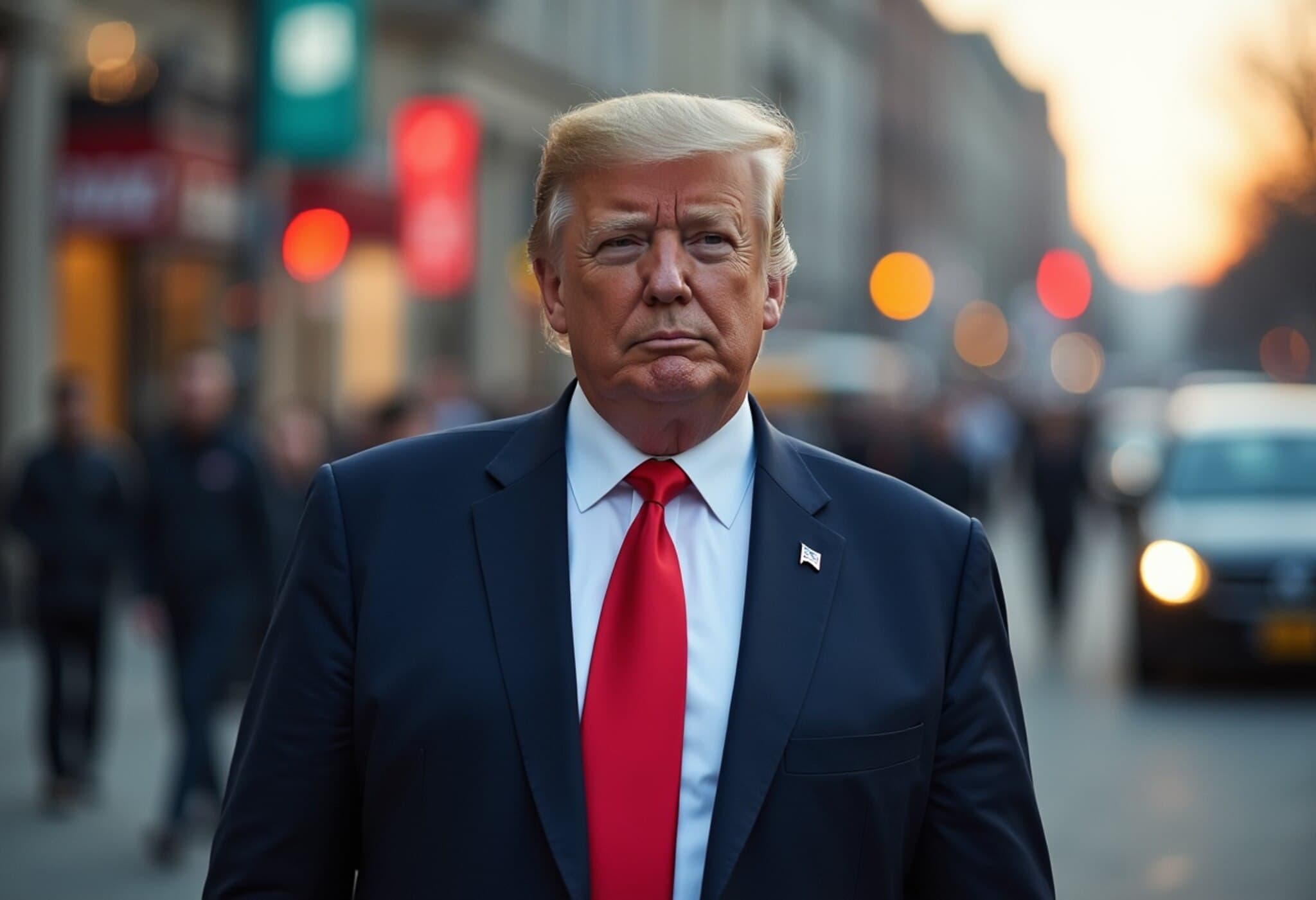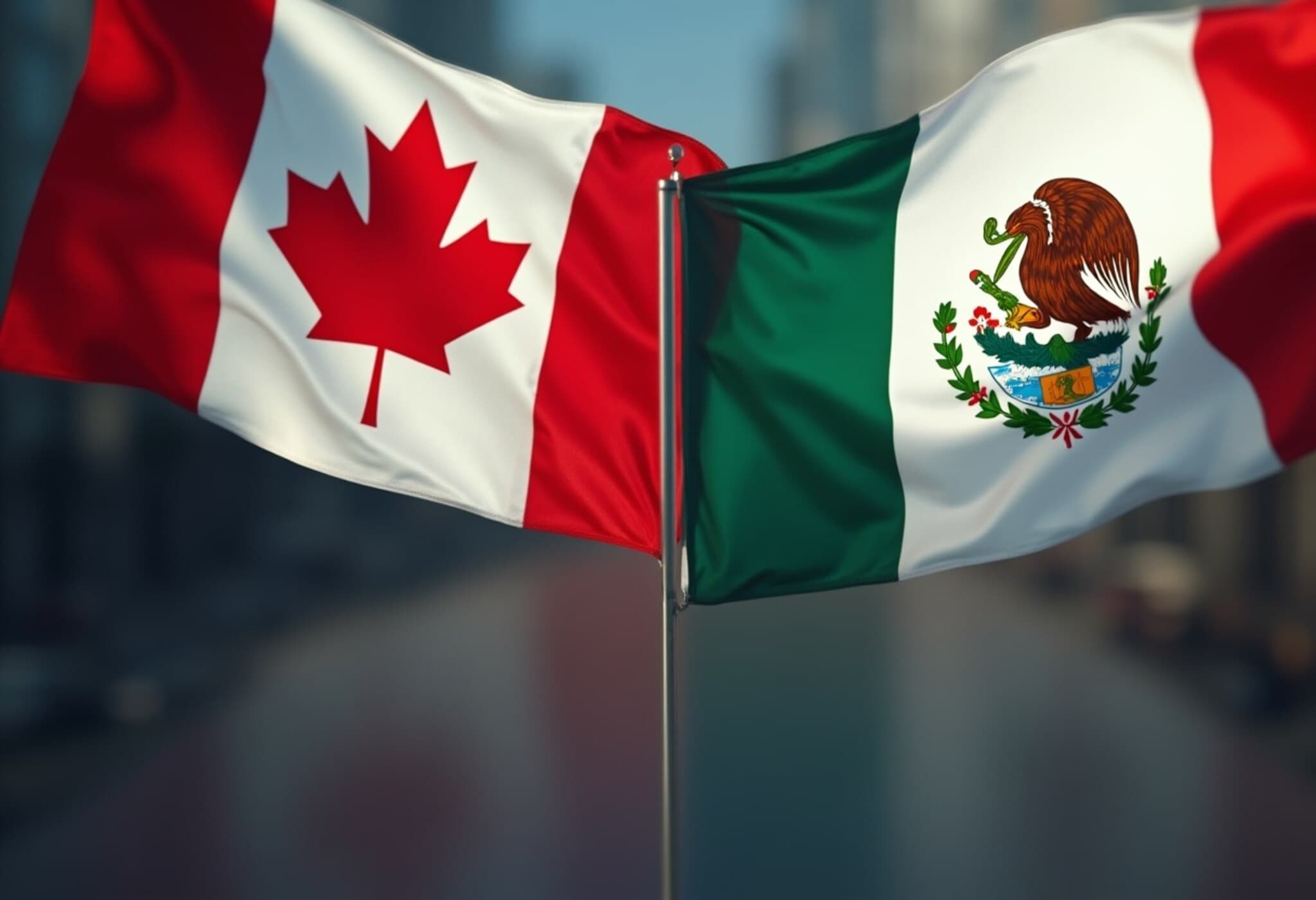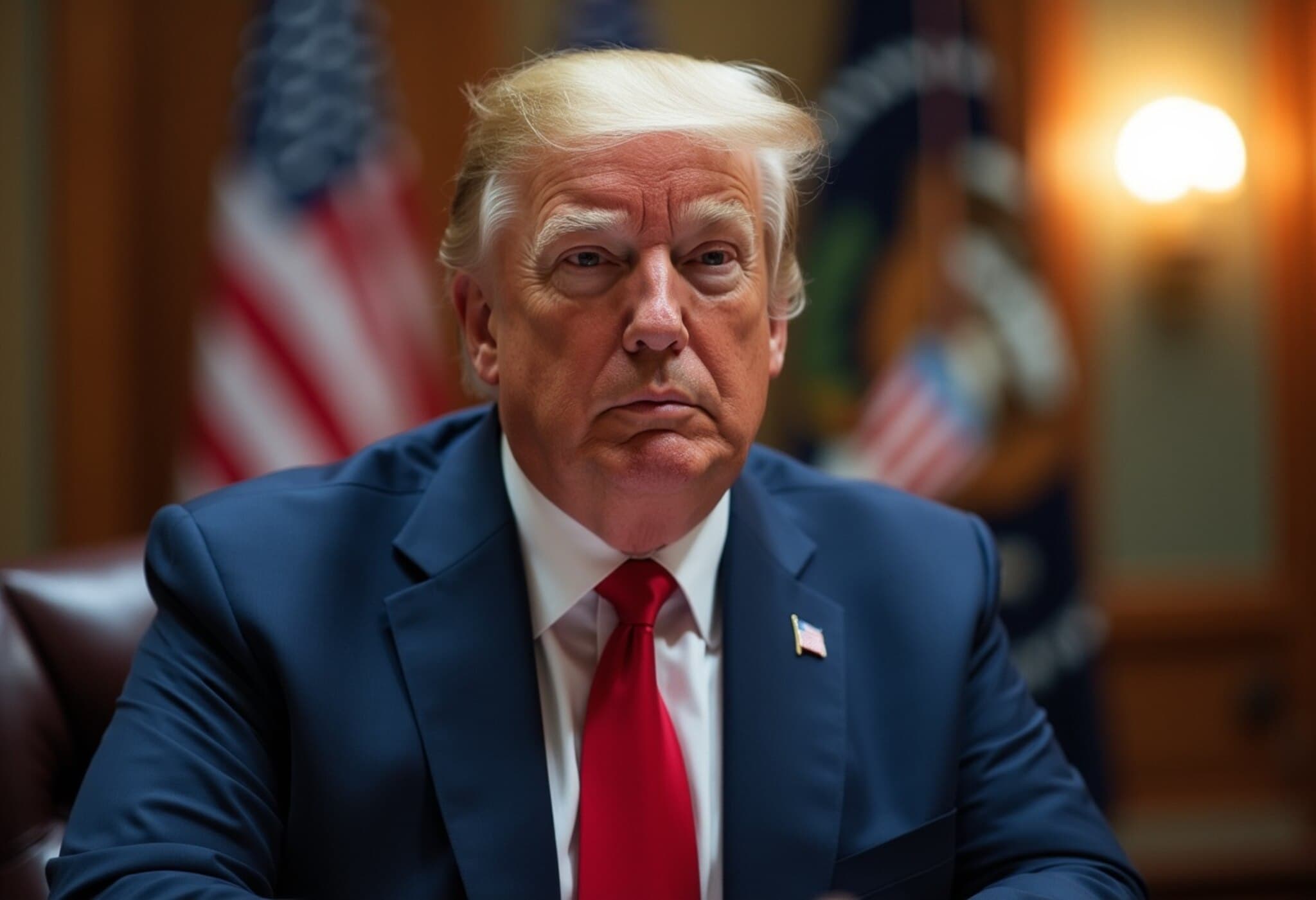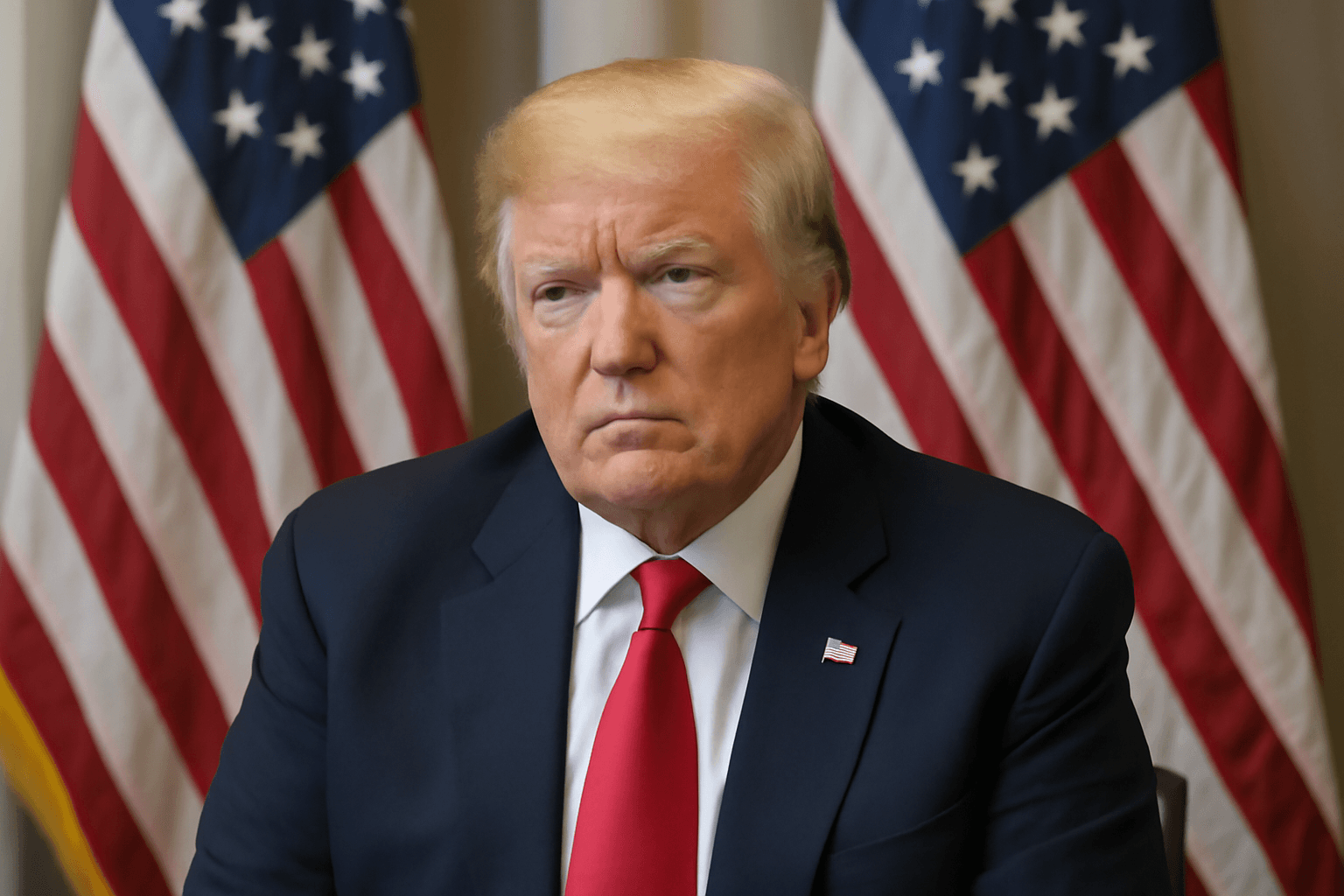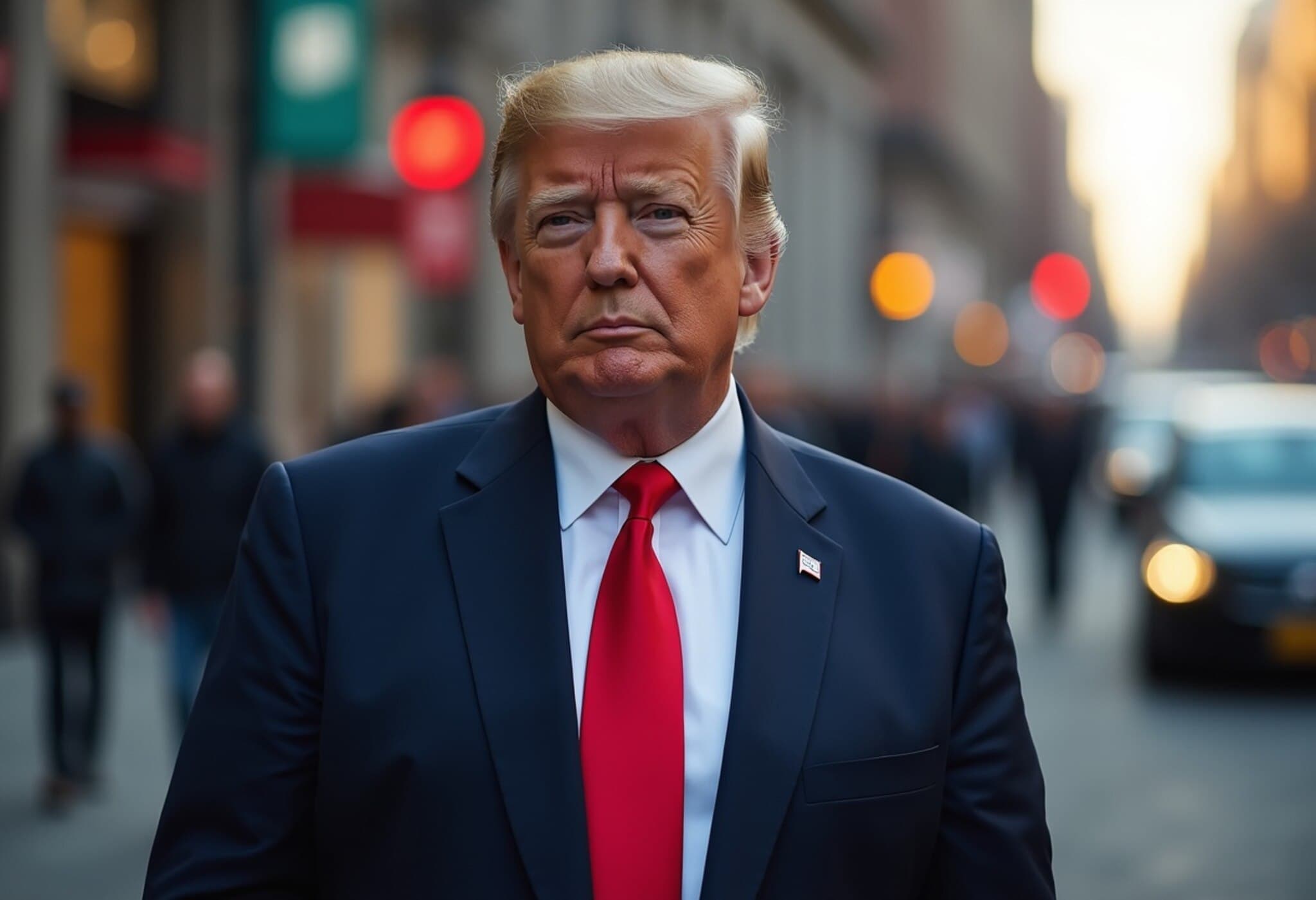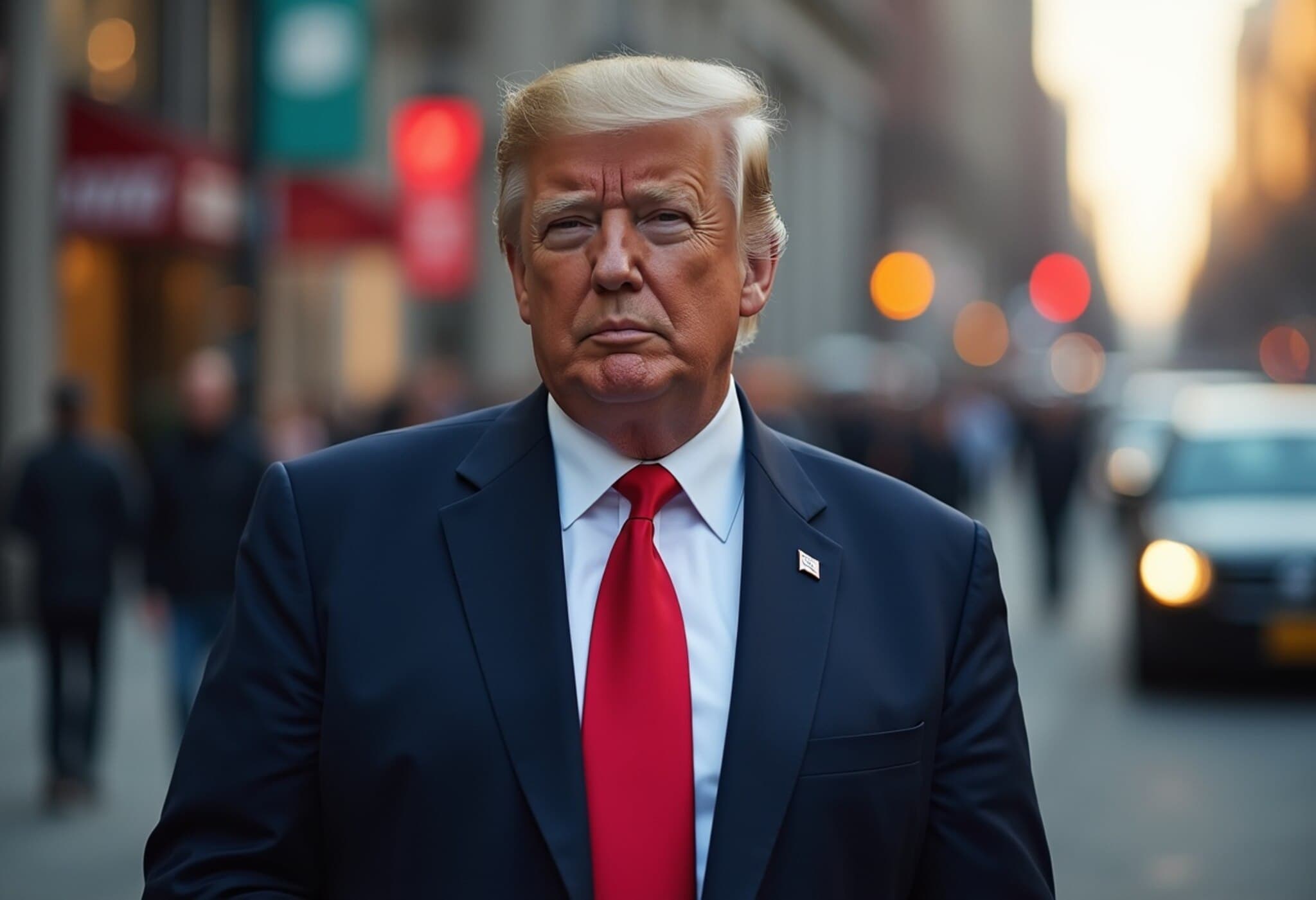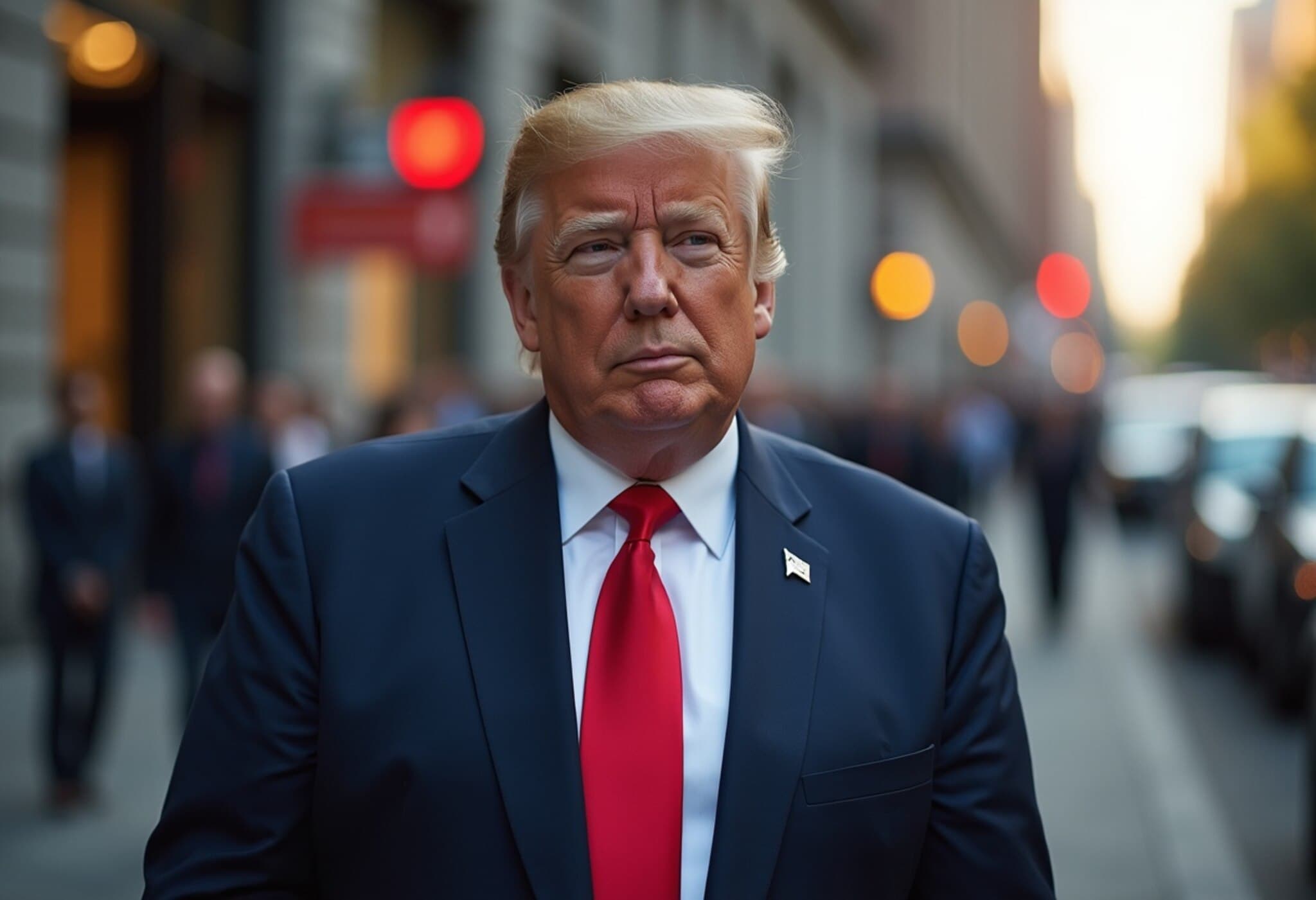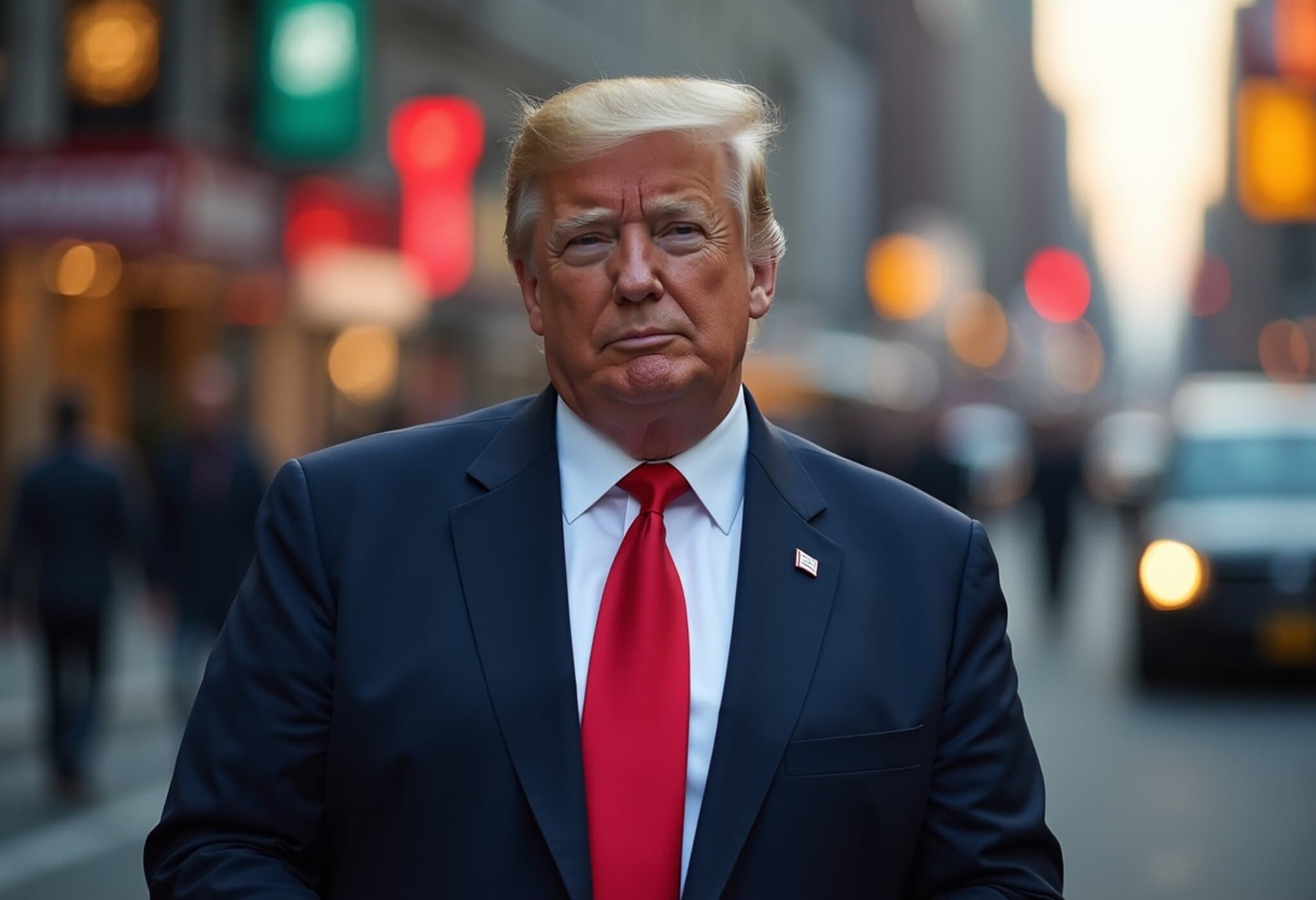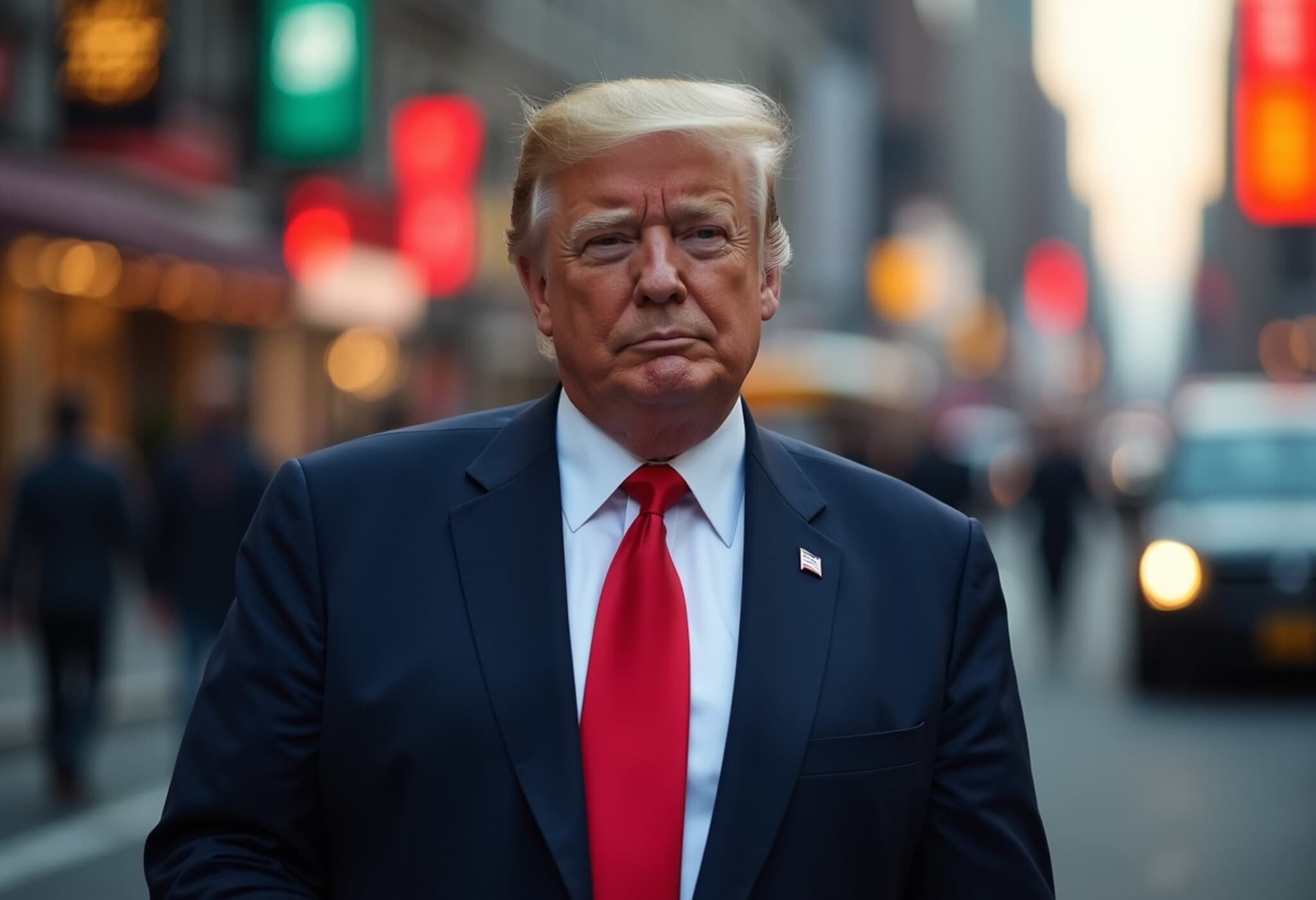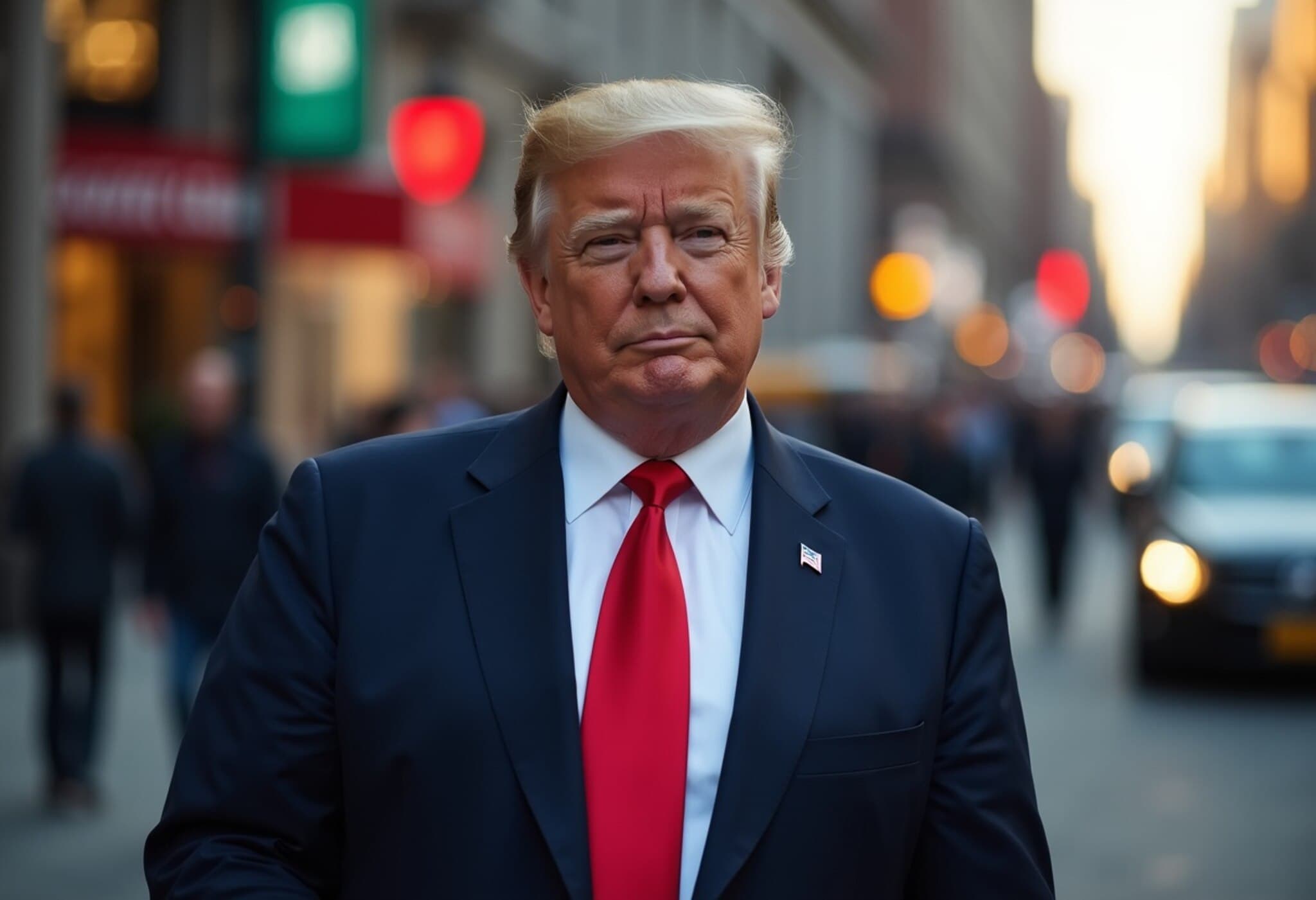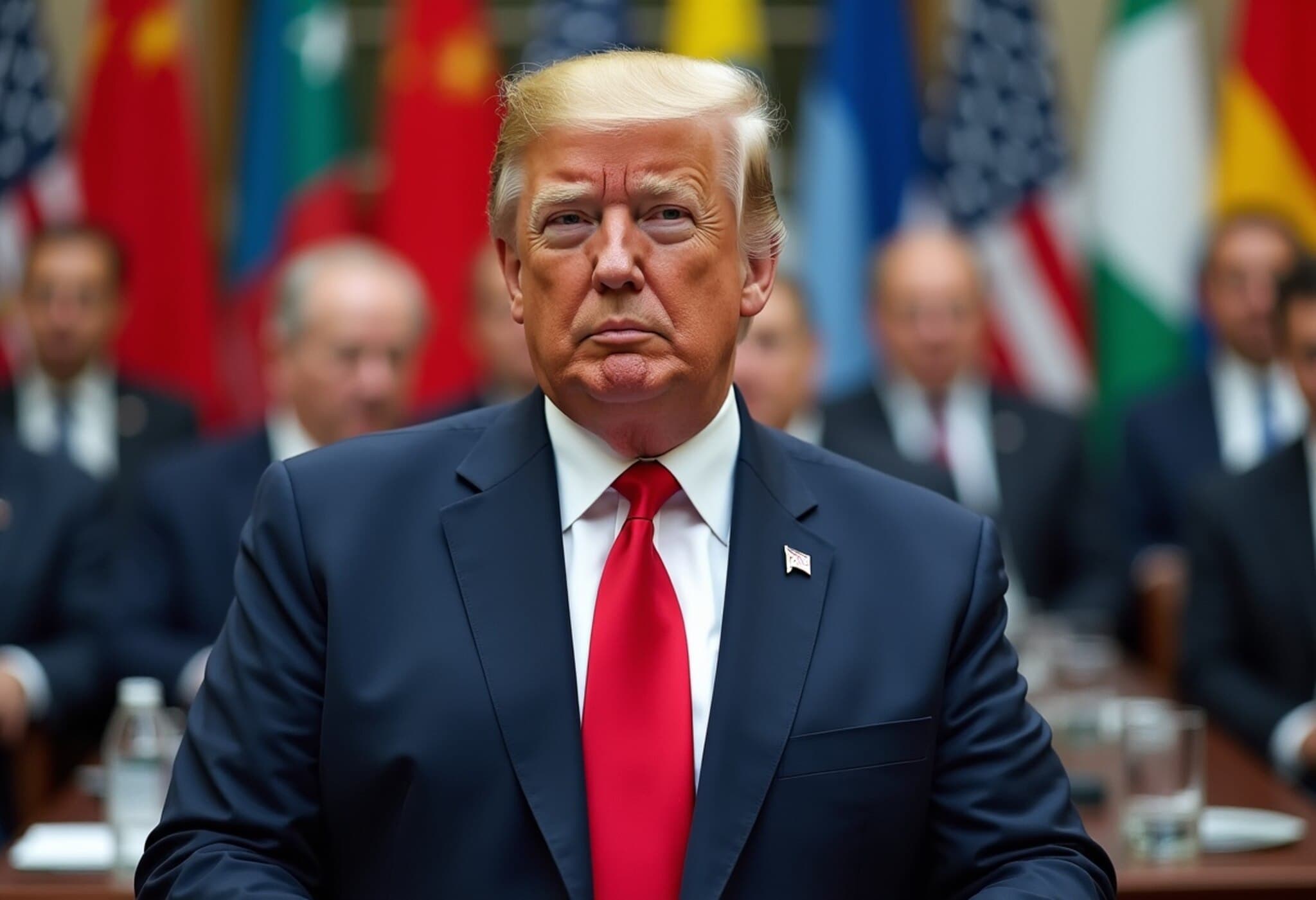Trump Aims to Finalize Trade Deals Before Crucial Tariff Deadline
As the clock ticks down toward a pivotal July 9 deadline that could reshape international trade dynamics, former US President Donald Trump has announced plans to dispatch letters to key trade partners outlining pending agreements or imminent tariff hikes. This move underscores the administration’s urgency to either cement new trade deals or activate higher import duties starting August 1.
Letters to Signal New Trade Deals or Tariff Increases
Speaking publicly on Sunday, Trump indicated that a batch of letters—potentially up to 15—would be sent beginning Monday through midweek. These letters will either confirm finalized trade agreements or, barring that, serve as formal notifications of impending tariff escalations on imports from nations including India.
"We are going to be sending letters out on Monday about the trade deals. It could be as many as 15 or so," Trump remarked. "They will be going out Monday and some on Tuesday and Wednesday. We have made deals, so there will be a combination of letters and completed agreements."
Context: The Approaching End of Tariff Relief
This announcement centers around a 90-day suspension enacted during the Trump administration, which temporarily eased higher import tariffs on various goods. That suspension expires on July 9, after which a significant 26% import duty could be reinstated on products from affected countries if new trade deals aren’t finalized.
The looming deadline has amplified pressure on trade counterparts to expedite negotiations, with the US Commerce Department confirming that unless agreements are secured, the tariff hikes will take effect from August 1.
Implications for Key Trade Partners: Spotlight on India
Among the countries closely monitoring this development is India. The potential reinstatement of elevated tariffs threatens to disrupt trade balances, raise consumer costs, and unsettle industries reliant on US imports and exports.
Trade experts underscore that while negotiating last-minute deals can offer short-term relief, the broader challenge lies in establishing durable, mutually beneficial trade frameworks that withstand political shifts and global economic pressures.
Expert Insights: Navigating Uncertainty in Global Trade Policy
Dr. Laura Bennett, a senior fellow at the Center for Global Trade Studies, notes, "The use of tariff suspensions as leverage is emblematic of the transactional nature of recent US trade policy. While sending letters may appear procedural, it signals a critical juncture for international trade relations."
She continues, "For countries like India, this isn’t merely about tariffs but negotiations that will define the contours of economic engagement for years. The timing, with a tight deadline, pressures all parties to make swift decisions, though lasting agreements require thorough collaboration."
What’s Next?
- July 9: Deadline for tariff relief suspension; letters from the US dispatched to trade partners.
- August 1: If no deals are reached, 26% import duties take effect.
- Potential Outcomes: Rapid trade deals may provide reprieve; absent agreements could lead to strained relations and higher consumer costs.
Editor’s Note
The unfolding trade developments underscore how swiftly global economic policies can pivot, often with profound impacts on businesses and consumers worldwide. As we await the fallout from the July 9 deadline, critical questions emerge: Will trade partners prioritize expedient deals over comprehensive agreements? How might these decisions reverberate through industries reliant on cross-border commerce? And what role will diplomatic engagement play in stabilizing trade relations in this uncertain climate?
Understanding these dynamics is vital—not only for policymakers and businesses but also for consumers whose daily lives ultimately reflect the costs and benefits of such decisions.


